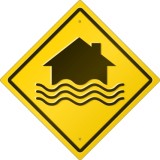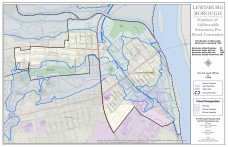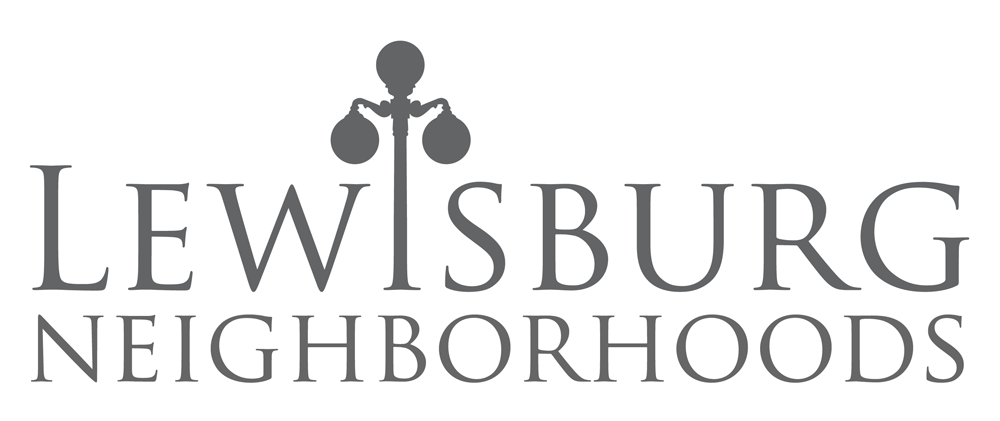Post meeting edit: Thanks to all who attended the meeting. It was productive from the community side of things and we hope it was also fruitful for individuals. This note is being added to this page simply to alert people to where to find the documents that were on hand at the meeting either on our site or elsewhere on the internet. Please see the links in the bolded sentences below or navigate to the Gallery/Documents page through the upper menu bar. As was mentioned in the meeting, suggestions of other items to be posted are welcome. (Either comment or email elmstreet@dejazzd.com or call 570.523.0114.)
Also remember the Mitigation Summit announced at the meeting which will be held on Saturday, May 10, from 1 to 4pm, at the Paul Geringer Hall, 213 N Main Street, Muncy. That event will allow property owners an opportunity to talk directly to various service providers including surveyors and insurers. Congressman Marino is expected to attend.
 The Lewisburg Neighborhoods Corporation will hold a public meeting on Flood Insurance on Wednesday, April 30, at 7pm at the Senior Center on North 2nd St in Lewisburg. The free public program will focus on the status and effects of recent changes to the National Flood Insurance Program enacted by the Biggert-Waters Flood Insurance Reform Act of 2012 and the Homeowner Flood Insurance Affordability Act of 2014. There will be some information resources available and local experts present. The meeting will provide some basic background on the recent federal legislation. In addition, it will provide an opportunity for local property owners to compare notes on their own experiences and ask questions about insurance, mitigation, and possible state policy responses and local strategies. It will also be an opportunity for local legislators to collect input to inform their own responses for communication at the federal level.
The Lewisburg Neighborhoods Corporation will hold a public meeting on Flood Insurance on Wednesday, April 30, at 7pm at the Senior Center on North 2nd St in Lewisburg. The free public program will focus on the status and effects of recent changes to the National Flood Insurance Program enacted by the Biggert-Waters Flood Insurance Reform Act of 2012 and the Homeowner Flood Insurance Affordability Act of 2014. There will be some information resources available and local experts present. The meeting will provide some basic background on the recent federal legislation. In addition, it will provide an opportunity for local property owners to compare notes on their own experiences and ask questions about insurance, mitigation, and possible state policy responses and local strategies. It will also be an opportunity for local legislators to collect input to inform their own responses for communication at the federal level.
The recent changes to flood insurance rates have been unrolling across the country during the past year as the Biggert-Waters Flood Insurance Reform Act of 2012 has gone into effect. Nationally, it was initially predicted to only affect 20% of existing policies, but because older properties which pre-dated the establishment of the NFIP program are the most likely to be significantly impacted, historic river towns throughout Pennsylvania and the Northeast appear to have been affected disproportionately.
 Some basic summary documents are posted on this page of the website in the Flood Insurance Rate Change section.
Some basic summary documents are posted on this page of the website in the Flood Insurance Rate Change section.
The Borough also maintains a page of Flood Information on its website here.
The Borough recently sent a letter to federal officials on the topic of rate change impacts and policy and will be affording itself of the opportunity to gather more input for future communications. Here is the text sent:
To FEMA, Senator Toomey, Senator Casey and Representative Marino
Cc: Senator Yaw, Representative Keller, Alan Walker, Governor Corbett?
We are writing in response to both the Biggert-Waters Flood Insurance Act of 2012 and the Homeowner Flood Insurance Affordability Act of 2014. As the municipal representatives of the Borough of Lewisburg in Central Pennsylvania, we do not have a direct stake in the consequences of these Acts, but we are uniquely qualified to communicate both the indirect implications for our community and the urgent concerns of our constituents now faced with significant economic hardship, even under the Affordability update.
Lewisburg is a historic town situated directly on the Susquehanna River in Union County, PA. It was founded in 1784. The entire county has a population under 50,000. Lewisburg is the county seat and the largest municipality in the county. Because of the low-lying topography along the river, while the center of the borough is out of the flood plain, growth even starting in the mid 1800s, extended immediately outward into the 500 year and 100 year floodplain. To compound this exposure, there are also two major creeks which join the river and shape the borough, leaving the center of town as an island of higher ground surrounded by potential inundation.
The municipality includes a total of 1579 parcels and 1650 addressable structures. 700 parcels (44%) are either completely within or touched by the 100 year flood plain. 576 (35%) addressable structures are either completely within or touching the 100 year flood plain.
Based on these simple statistics, you can well imagine the significant consequences of implementation of the new flood insurance rates, even on the more gradual schedule of the recent Act. Similarly, while grandfathering will help many in the immediate term, any hope of ever selling their property is seriously compromised. The reality of the new rates, no matter the schedule, will devastate property owners, reduce property values, damage the tax base, and limit overall municipal viability.
We are writing now with some basic concerns about these Acts and their specific impacts on our historic river town. There is also a public meeting scheduled for April 30 at the Senior Center in town where information about both Acts will be reviewed, constituents will share their stories, and FEMA and federal legislators contact information will be made available. After that meeting, we will be compiling additional recommendations, but we feel it is important to communicate our perspective on these laws now. Clearly many other communities are weighing in already and we are concerned that much of the response will react to those initial concerns and may not reflect some aspects that are of great concern for us.
Our primary requests are:
1) The affordability study called for in the Act must be completed before the act goes into effect. This has been partially addressed by the second Act, but not entirely.
2) Rate changes that have already taken effect should be rescinded and refunded, including for commercial properties.
3) The rate structure for coastal floodplains and inland floodplains should be distinct.
4) Allowances, beyond grandfathering of extant policies, should be incorporated for designated historic structures and districts as well as clearly defined core communities.
5) Revolving loan and subsidized loan programs should be set up to improve affordability of flood mitigation improvements where they are even feasible.
6) Mitigation funding priority should be established for properties with the least exposure (at the upper edges of the 100 year flood plain).
7) There must be greater correlation between payment structure and actual risk on a given property. The 100 year floodplain along the Jersey Shore is not the same as the 100 year floodplain in Jersey Shore, PA (another small, historic, central Pennsylvania river town far far removed from the Atlantic and coastal home values).
8) Rates should be indexed to local cost of living and overall home prices. Perhaps increasing the coverage cap, and associated rates, to more accurately reflect higher values elsewhere would help.
While it is clear that the insolvency of the National Flood Insurance Program is a serious problem, destroying entire municipalities in an attempt to fix it is counterproductive. The new laws are in and of themselves a federal emergency and may well leave communities as devastated as the floods they attempt to protect against. There must be a way to more equitably share in the cost at a level commensurate with actual risk.
The meeting is expected to be of interest to anyone in the general area, whether or not they own property in the floodplain. As this map of all properties in or touching the 100-year floodplain (100yrfloodzone) shows, a considerable portion of the Borough is impacted by the 100-year floodplain, so many of the properties in fact, that it could be said that all properties are ultimately indirectly affected.
This informational public meeting will be followed one week later by another public meeting, on that occasion with a topic of historic preservation in the Borough. That meeting will also be at the Senior Center, on Wednesday, May 7, at 7pm. More detail will be posted next week.
For more information about the event, please contact the Lewisburg Neighborhoods Corporation at elmstreet@dejazzd.com or 570.523.0114.

